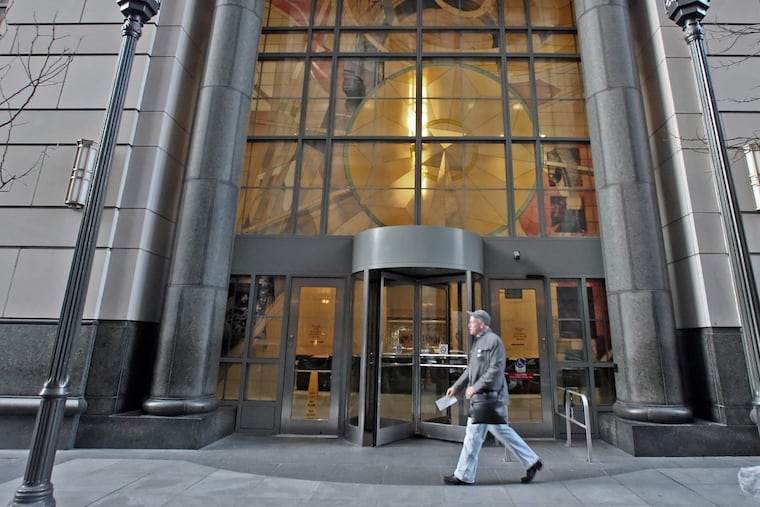Philly courts, DA Larry Krasner try to speed up prosecutions of nonfatal shooting cases
Cases in which a defendant is accused of shooting but not killing someone would be assigned to judges who oversee homicides, as well as “the most experienced and capable attorneys” from the Philadelphia DA’s Office and, if a defendant does not hire private counsel, the Defender Association.

The Philadelphia court system on Monday announced new policies aimed at speeding up prosecutions of defendants charged in nonfatal shootings, hoping that quicker resolutions may help deter crime in a city currently on pace to record more than 1,400 shootings for a second consecutive year.
In a news release, officials including Common Pleas Court Judge Leon W. Tucker and District Attorney Larry Krasner said that cases in which a defendant is accused of shooting but not killing someone would be assigned to judges who oversee homicides, as well as “the most experienced and capable attorneys” from the DA’s Office and, if a defendant does not hire private counsel, the Defender Association.
In addition, a new process for scheduling pretrial hearings will seek to reduce delays before a case reaches a judge or jury, the release said. The average shooting case, according to Krasner, historically has taken about 300 days to resolve. The DA hopes that quicker resolutions could serve as a warning for would-be shooters, saying that “criminological science confirms that the swiftness of punishment can effectively deter crime.”
“Often the only real difference between these cases and homicides is the shooter’s aim or medical intervention — the shooter’s criminal intent is just as serious as in a homicide,” Krasner added.
Tucker said: “It is incumbent upon all of us in the criminal justice system to work collaboratively and cooperatively to address the rapidly increasing incidence of nonfatal shootings and their impact on public safety.”
Krasner’s spokesperson, Jane Roh, said in an email that the office’s homicide unit, which has 23 staff members, has expanded its responsibilities to also oversee prosecution of nonfatal shootings.
Last year, Krasner told Philadelphia magazine that by overseeing both types of cases, prosecutors can identify cases with links to each other, and that younger attorneys can be mentored by prosecutors experienced in homicides.
Roh estimated that the new policies might impact hundreds of cases each year.
Through Sunday, according to the Police Department, 985 people had been shot in the city this year, a 5% increase over the same date last year. According to department statistics, 1,403 people were shot in the city in 2018 — the highest annual total since 2011, when 1,407 people were shot.
Still, the DA’s Office can only prosecute cases in which someone has been arrested. According to police statistics, the so-called clearance rate for nonfatal shootings in the city — the percentage of cases considered “cleared” by arrest — has not topped 30% since 2014, meaning thousands of people have been shot without anyone being charged.
The court system said in its release that if a defendant has been charged with aggravated assault for a gun crime in which a victim has been injured, prosecutors would flag the case. Those cases then would have a preliminary hearing before a Municipal Court judge who also oversees homicide proceedings. And if a case is held for trial, one of seven Common Pleas Court judges assigned to hear homicides will oversee it, said Gabe Roberts, a spokesperson for the First Judicial District.
Krasner, in the release, said that due to the seriousness of the case, “having the most capable representation on both sides and assigning the judges whose experience distinguishes them to handle homicide matters makes good sense.”
William Brennan, a Center City defense attorney, said the new process seemed worthy because, “as a citizen, not just as a lawyer, ... the gun violence and carnage is simply out of control.”
Some portions of the program — such as conducting preliminary hearings in a homicide courtroom — were rolled out earlier this summer, the court system said.